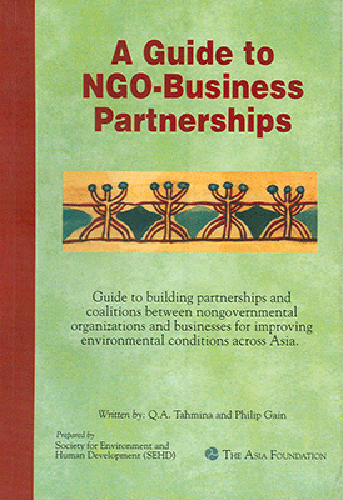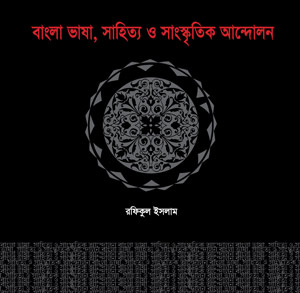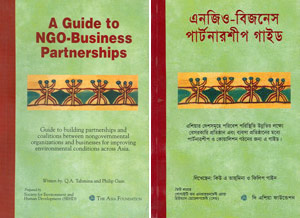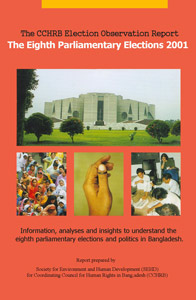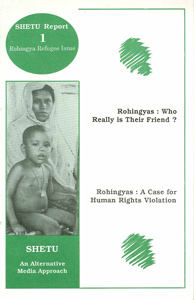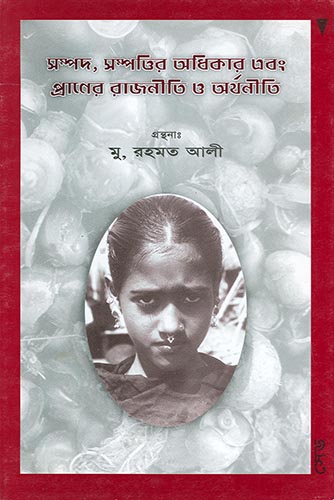
Shampad,Shampattir Adhikar Ebong Praner Rajniti O Arthoniti
For a long time, the people of Bangladesh have been fighting for their rights of wealth and property and economic freedom. We acquired independence through persistent struggle. Our aspiration from independence was to see every citizen’s socio-economic and political activities spring up within the context of their own culture. But even after 25 years of our independence people’s aspiration has not come to the fruition.
We do not have in hand the account or analysis of what we have achieved, what we have failed to achieve, what is left or remains protected out of what we had and what we are going to lose 25 years since independence. Global politics regardingexporteconomy, intellectual property rights, biodiversity, food security, population, land and indigenous communities is evident. We are evidently involved in this politics, which impacts us.
Compiled by Mu. Rahmat Ali | Bangla, PBK 48 pages 1997 | Price: Tk.50 US$2
At the root of waste of natural resources is the willingness to control nature. On the other hand, the biggest asset of a nation is its people. These thoughts involve global politics and economics. This publication is all about these critical thoughts on our position in politics and economics and what we need to do. It compiles various presentations and discussions of a national seminar on the theme, ‘Politics and economics of property, property rights and life forms’. UBINIG, Nijera Kori, Association for Land Reform and Development (ALRD) and Society for Environment and Human Development (SEHD) organized the seminar.

